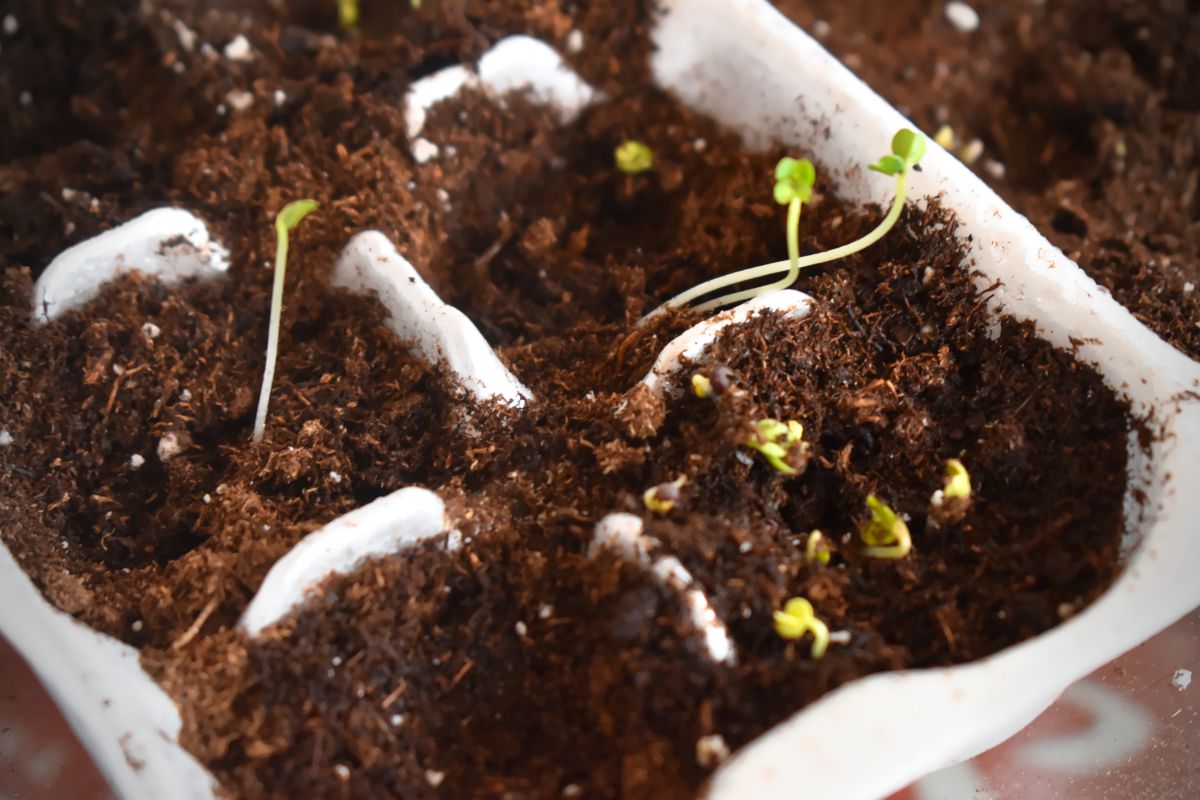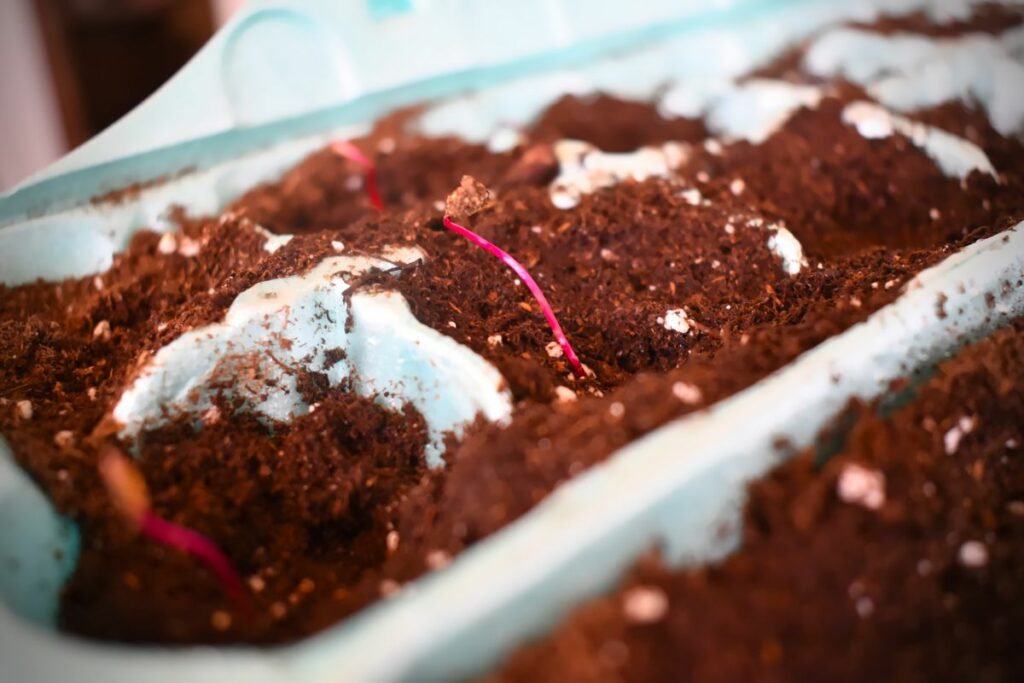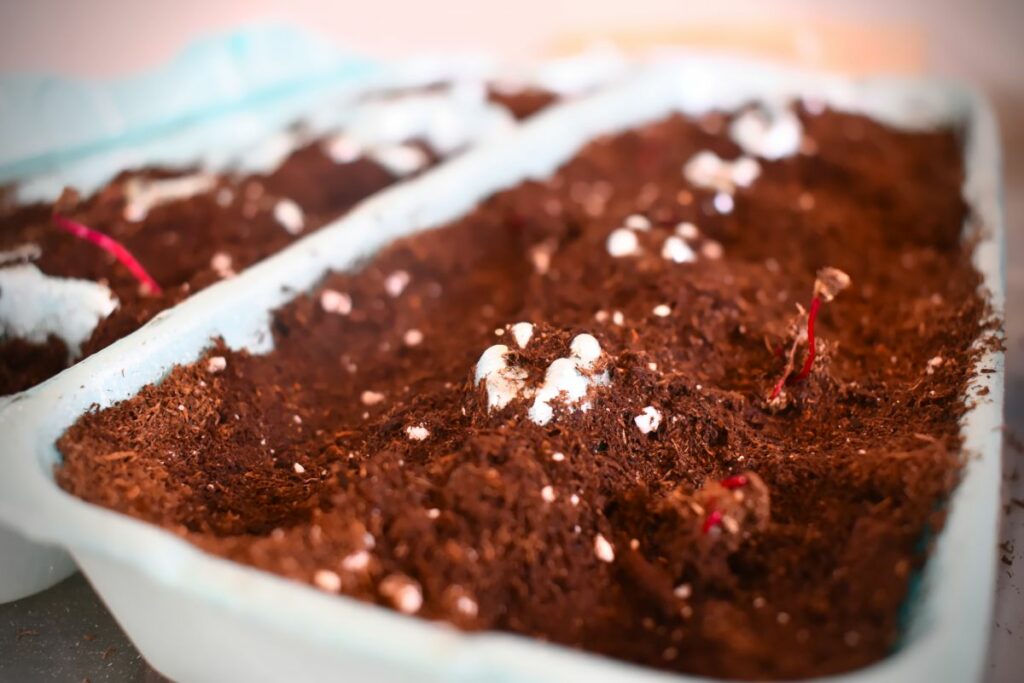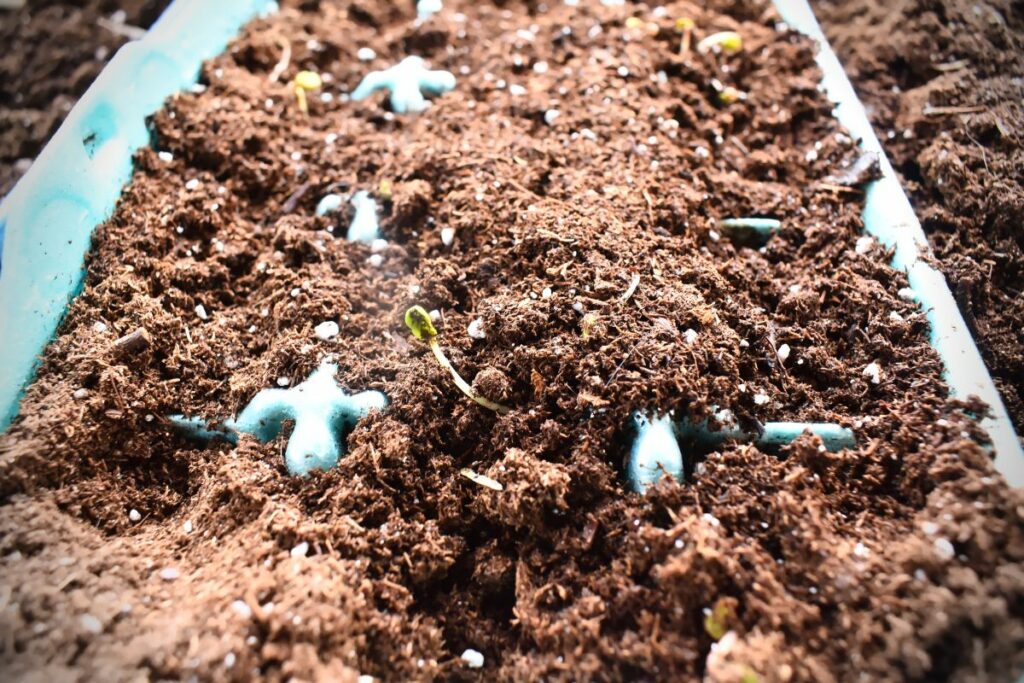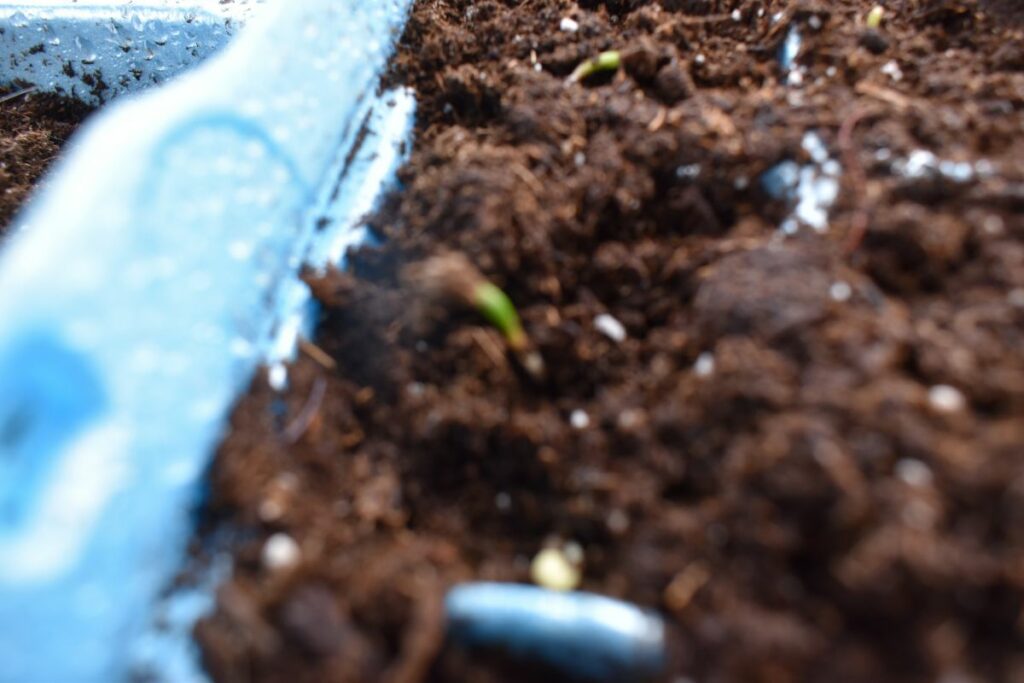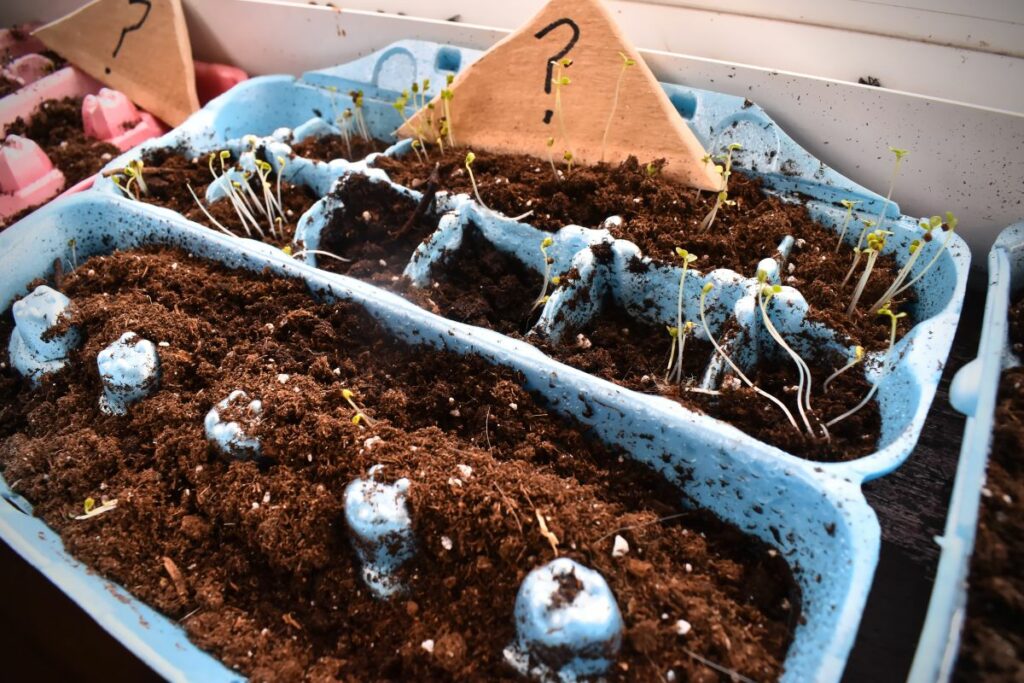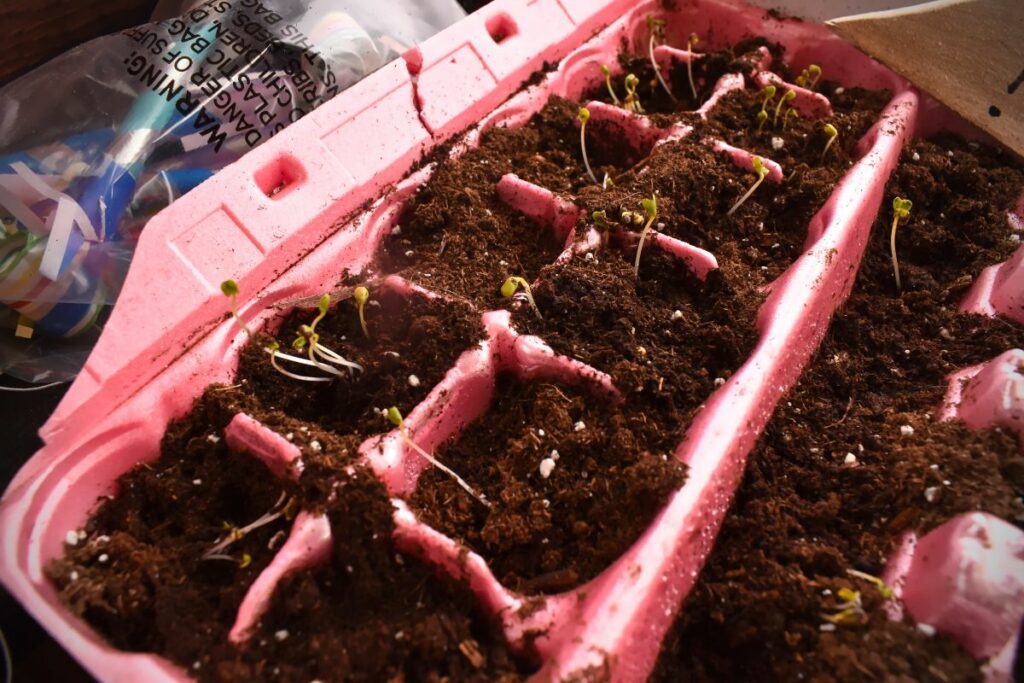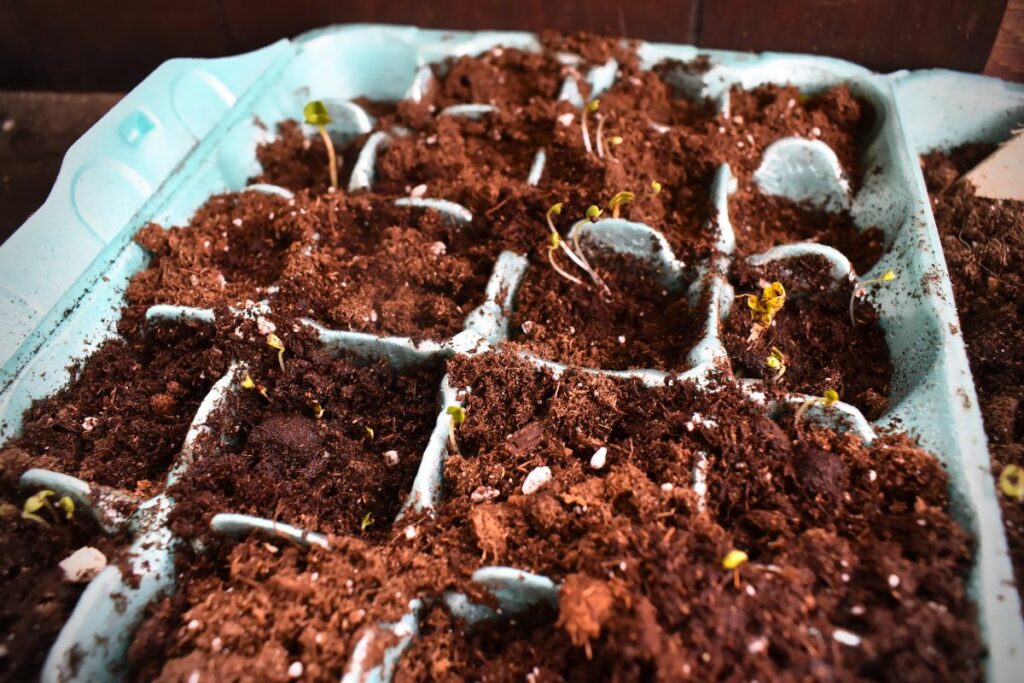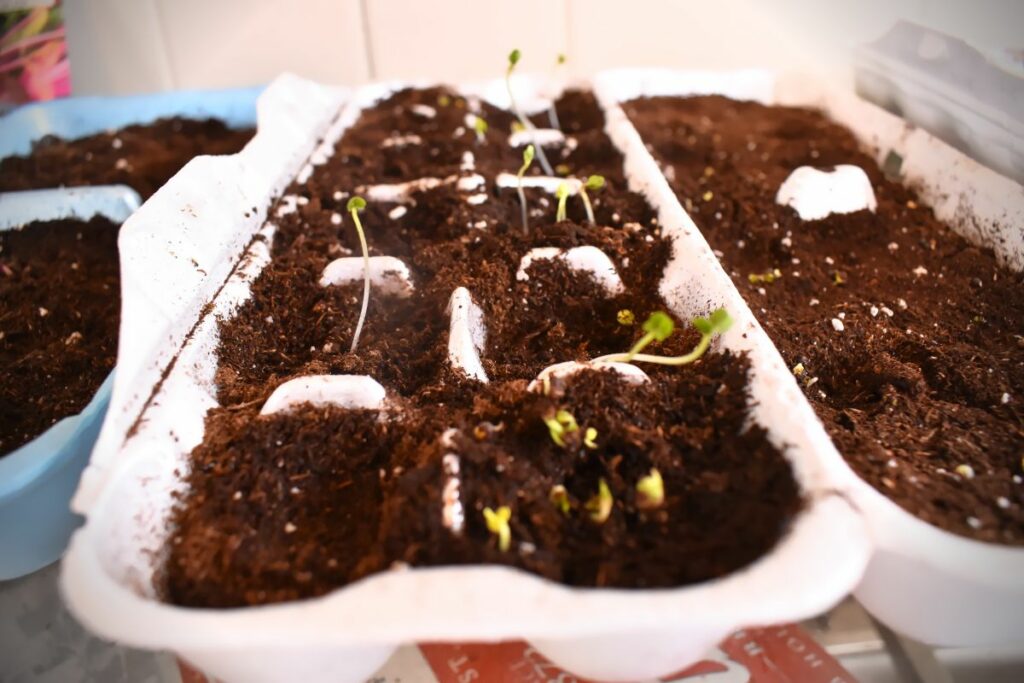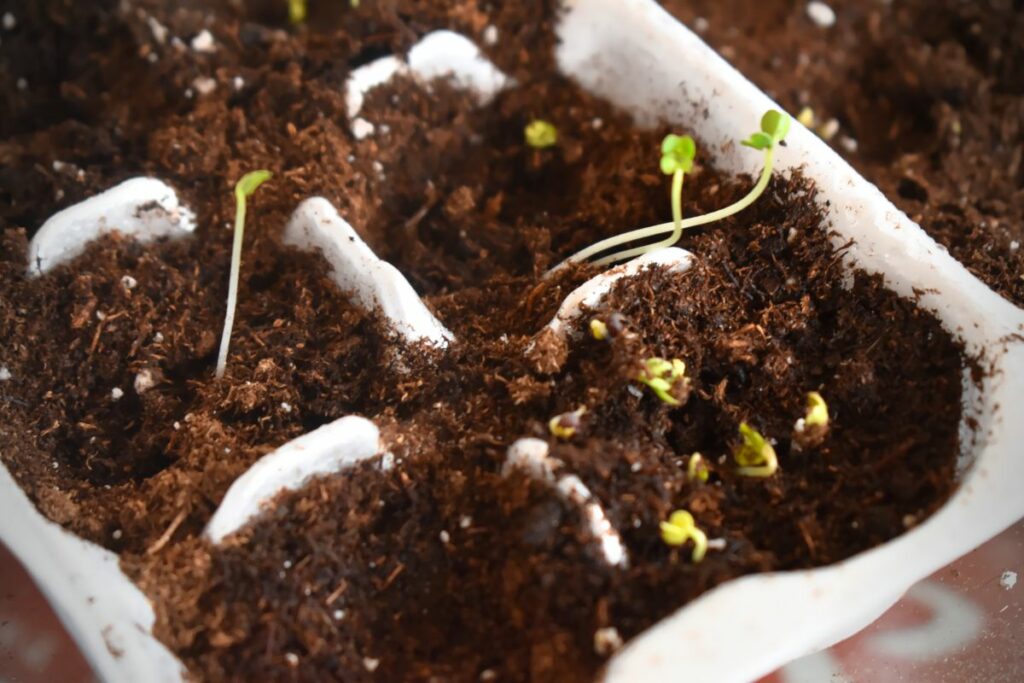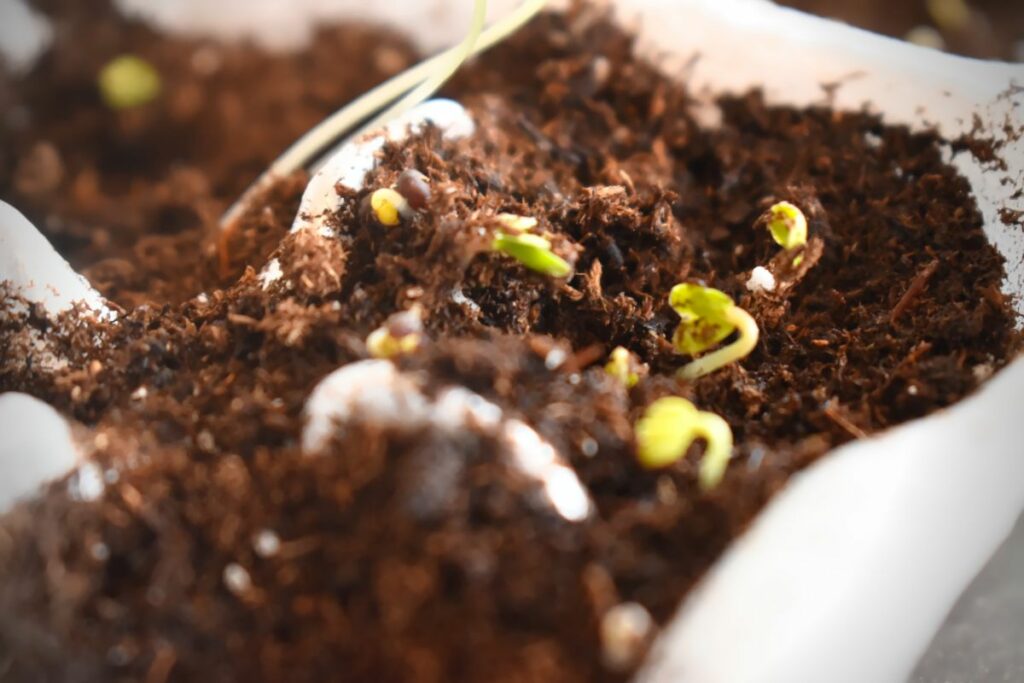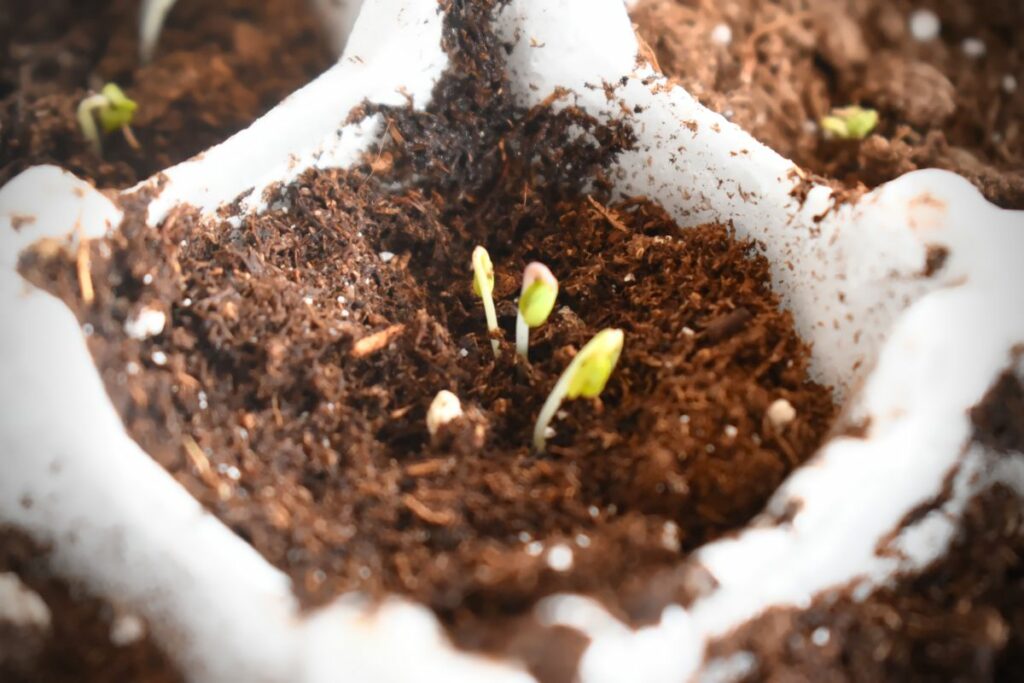Gardening is a fantastic hobby that can help improve mental and physical health, while also producing fresh and healthy food. With spring just around the corner, March is an excellent time to start planning and planting your garden in Western Pennsylvania.
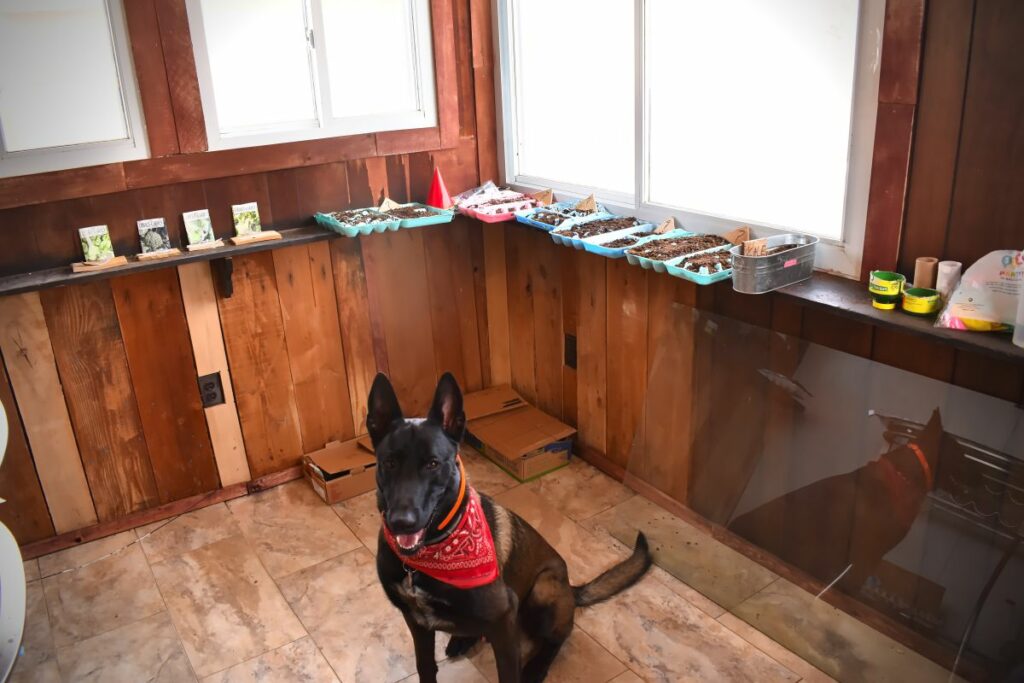
Western Pennsylvania has a temperate climate with long, cold winters and short, hot summers. The area is known for its fertile soil and is suitable for growing a wide variety of vegetables, fruits, and herbs. Here are some of the plants that can be planted in March in Western Pennsylvania:
- Peas – Peas are a cool-season crop that can be planted in early spring, making them perfect for March planting. They thrive in cooler temperatures, and their sweet, tender pods are an excellent addition to salads, stir-fries, and soups.
- Lettuce – Another cool-season crop, lettuce can be planted in early spring and harvested within a few weeks. This fast-growing crop is perfect for salads, sandwiches, and wraps and can be grown in containers or raised beds.
- Radishes – Radishes are easy to grow, quick to mature, and can be planted in March in Western Pennsylvania. They add a spicy crunch to salads, sandwiches, and soups and can also be pickled or roasted.
- Spinach – Spinach is a nutrient-rich leafy green that can be planted in March in Western Pennsylvania. This cool-season crop can be harvested within a few weeks and is perfect for salads, smoothies, and sautés.
- Onions – Onions are a versatile crop that can be planted in March and harvested in late summer. They add flavor and depth to a wide variety of dishes and can be stored for several months.
- Broccoli – Broccoli is a cold-tolerant crop that can be planted in early spring and harvested in late spring or early summer. This nutrient-rich vegetable is delicious roasted, steamed, or added to stir-fries and casseroles.
- Carrots – Carrots can be planted in March in Western Pennsylvania and harvested in late summer or early fall. These versatile root vegetables can be roasted, boiled, or added to soups and stews.
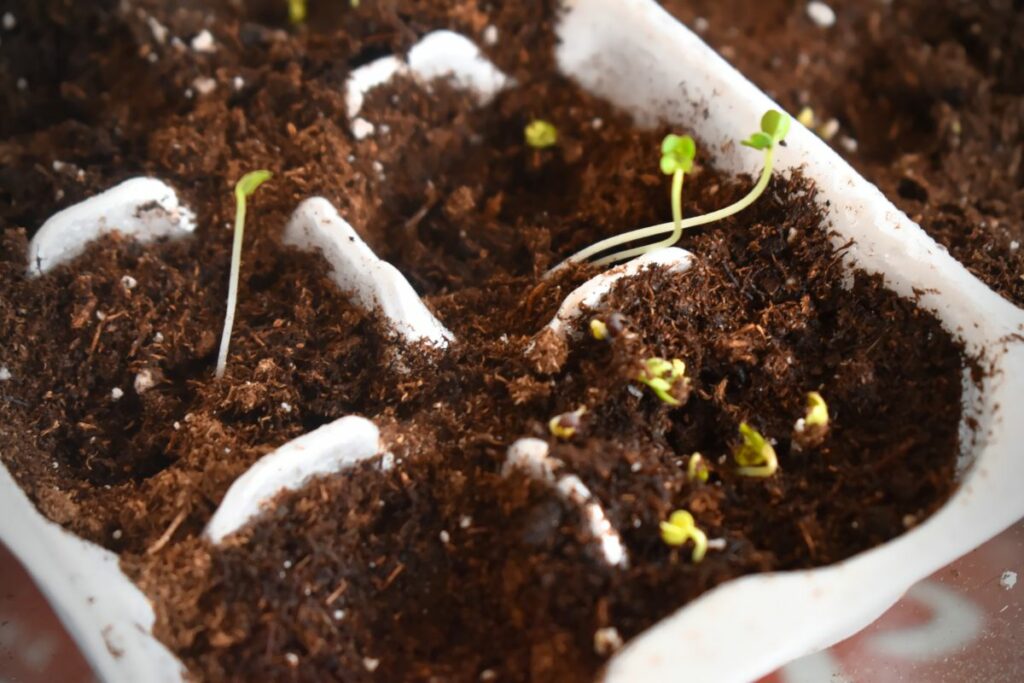
When planting your garden, it’s essential to consider factors such as soil type, sunlight, and watering needs. Be sure to choose a location that receives at least six hours of sunlight per day and has well-draining soil. You may also want to consider using organic fertilizers or compost to improve soil health and increase crop yield.
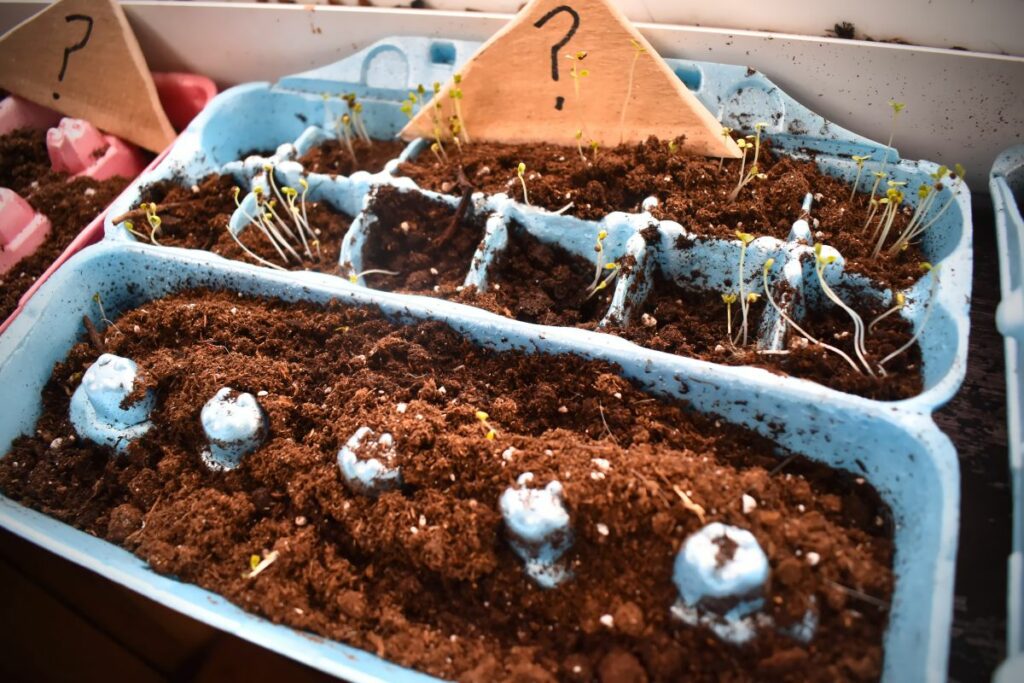
How To Start The Seeds
Starting seeds indoors is a great way to get a head start on the growing season, especially for crops that require a longer growing season. Here are the steps for starting seeds indoors:
- Choose the right containers – Seed starting containers can be purchased at gardening stores or made from recycled materials, such as egg cartons or yogurt cups. Make sure the containers have drainage holes to prevent overwatering.
- Select high-quality seed starting soil – Seed starting soil is a lightweight, nutrient-rich soil mix that provides the ideal environment for seed germination. Avoid using regular garden soil, which may contain weed seeds or pathogens.
- Plant the seeds – Follow the instructions on the seed packet for the appropriate planting depth and spacing. Moisten the soil mix with water, then gently press the seeds into the soil, cover with a thin layer of soil mix, and water again.
- Provide light and warmth – Seeds need warmth and light to germinate. Place the seed containers in a warm, bright location, or use grow lights to provide adequate light.
- Water regularly – Keep the soil moist but not waterlogged, as too much water can cause the seeds to rot. Use a spray bottle or watering can with a fine nozzle to avoid disturbing the soil.
- Transplanting – Once the seedlings have grown their first true leaves, they can be transplanted into larger containers or moved outdoors to the garden. Gradually acclimate the seedlings to outdoor conditions by placing them outside for a few hours a day before planting them in the ground.
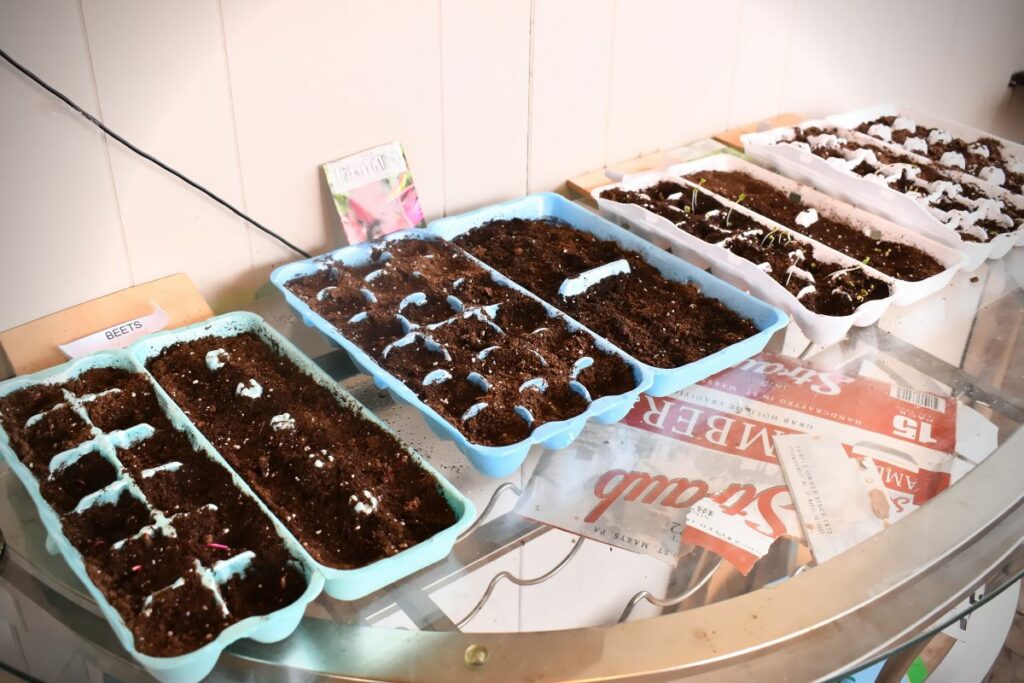
Starting seeds indoors can be a fun and rewarding experience, but it’s important to remember that each crop has different requirements for temperature, light, and moisture. Do some research on the specific crops you’re growing to ensure they have the best chance of success. Happy planting!
In conclusion, gardening is an enjoyable and rewarding activity that can help improve mental and physical health while also providing fresh and healthy food. March is an excellent time to start planning and planting your garden in Western Pennsylvania, with a wide variety of cool-season crops that can be planted and harvested within a few weeks or months. Happy gardening!

